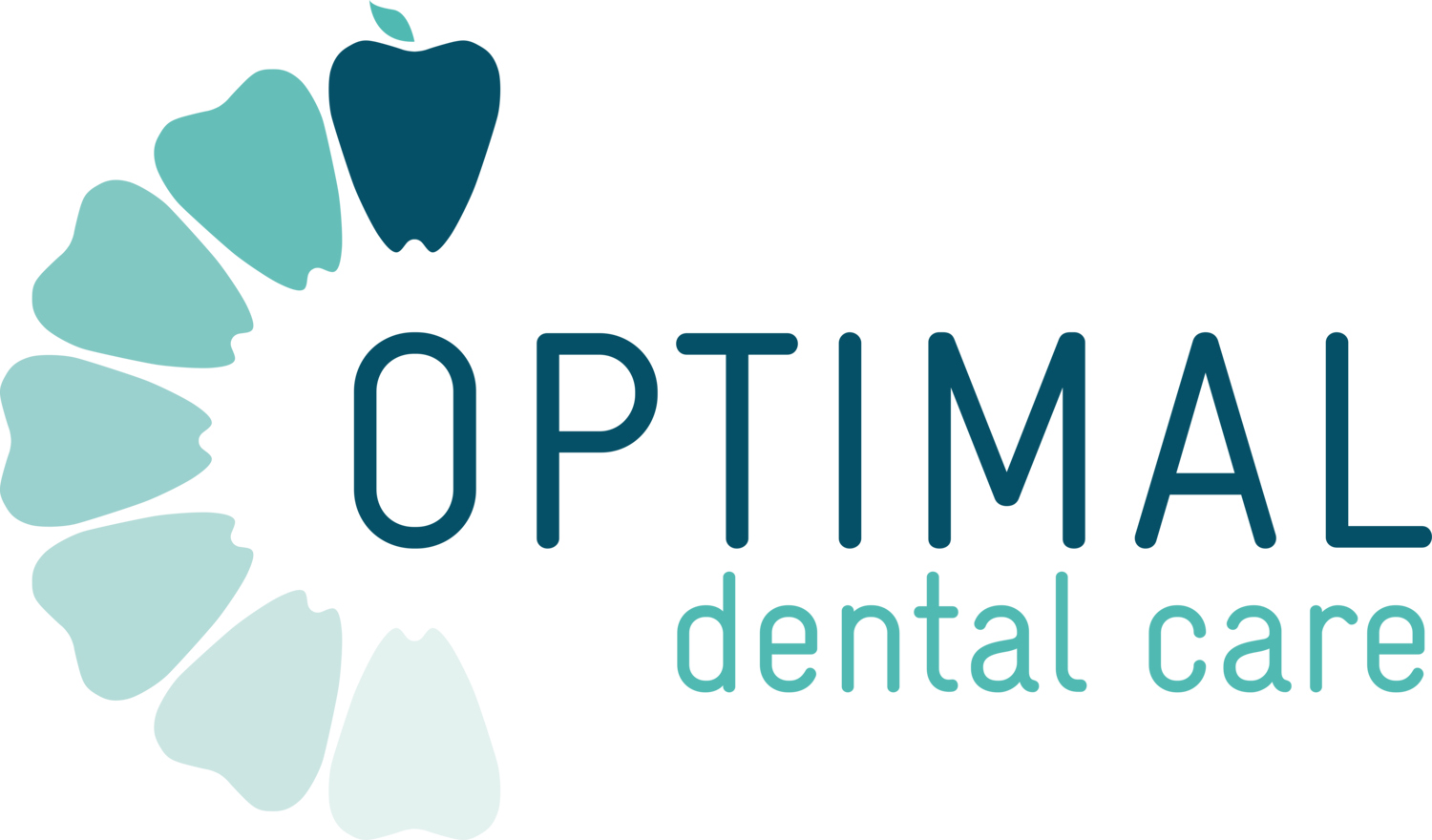The Science behind the Stains on Your Teeth
Staining, darkening or discolouration of teeth all relate to the same overarching problem: your teeth are no longer as white as they once were. This can be a source of self-consciousness for many, but it’s not something that has to be permanent. There are a number of options for teeth whitening by dentists in Bondi junction and Woollahra.
Some people’s teeth are naturally a darker shade than others, but there are reasons why teeth may become darker over time, some of which are preventable and some of which are not. This blog will discuss how teeth become stained and how this can be avoided as well as everything that’s involved in the teeth whitening process.
Intrinsic and extrinsic discoloration
These are the two types of teeth discolouration. The first relates to discolouration that occurs inside the tooth and gradually darkens the tooth from the inside out. Meanwhile, extrinsic refers to the darkening of the tooth from the outside in.
Intrinsic discoloration is usually caused by some sort of trauma to the tooth such as an injury or invasive dental treatment like a root canal or filling.
Extrinsic discoloration on the other hand is generally the result of other factors including food, beverages and smoking.
Teeth staining food and beverages
Dark-coloured foods can darken your teeth over time if consumed regularly. Things like berries, beetroot, soy sauce, balsamic vinegar and curries containing strong spices such as turmeric are all common causes.
When it comes to beverages that stain the teeth, red wine and coffee often jump to mind. While these are common culprits, mostly because of their dark colours and tannins, there are others that cause staining too. Tea and cola can be to blame as well. When it comes to cola, there is a dual risk; the dark colour is liable but so too are the acids present, which wear away the protective enamel on the teeth.
If you have clear braces, avoiding these foods and beverages as much as possible is advisable, as if they can stain your teeth, they can stain the clear brackets and wires too.
Not practising proper oral hygiene
If you're not caring for your teeth properly by brushing regularly, flossing daily and using mouthwash, you will notice that your teeth slowly become more yellow.
This is because plaque will build up if not being sloughed away and stains generally like to cling on to this substance. Simply put, the more plaque, the more discoloration.
Keeping vigilant with your oral hygiene also becomes extremely important if you have braces. Because of the many small wires and brackets, food and staining culprits can easily become trapped in difficult to reach areas. This can cause bacterial plaque to build up which will result in discoloration.
Smoking
There’s no doubt that smoking and the use of other tobacco products causes your teeth to darken as the chemicals weaken and wear down the enamel, making it easier for stains to cling on. Smoking also causes gum disease, a diminished sense of taste and bad breath.
Overusing Fluoride
Fluoride, which is a mineral that naturally occurs in a number of foods, can be useful for strengthening enamel. But research has found that excessive amounts of it in the body can be toxic and cause a number of problems, including fluoride-induced teeth discoloration.
Unpreventable causes of teeth staining
These include a number of health conditions including coeliac disease, liver disease and eating disorders. Those receiving chemotherapy and some other cancer treatments may also notice a darkening of their teeth.
Medications can have an effect too. If you are regularly taking antihistamines, blood pressure meds or antibiotics, you could find that your teeth are becoming darker.
Separately, when we age, our enamel naturally withers away, so those who are older could experience discoloration.
Teeth whitening
Luckily, having your teeth whitened by a professional is possible and will be successful in most cases regardless of the cause. Dentists in Woollahra and Bondi Junction are experts on this and will typically talk to you about what your cosmetic goals are and what’s involved in achieving them.
Some options work on the removal of the stains, while others focus on bleaching the stains themselves so that they appear whiter. In the latter, the main chemicals used are hydrogen peroxide or carbamide peroxide in controlled amounts.
The presence of these chemicals in at-home whitening kits is often much lower than it is in the products used in the dentist’s office, which is why in-clinic treatments are generally more effective.
In addition, your dentist is an expert on gum and oral health and will be skilled in protecting your mouth from any side effects during the treatment.
During the treatment, the dentist may powerfully rinse your teeth with a hydrogen peroxide solution for about 20 minutes before applying a gel-like substance or conducting some laser therapy. There are a variety of approaches, but it’s likely you will attend the clinic for a number of sessions, so don’t be worried if you don’t see instant progress.
Optimal Dental Care is home to a team of dentists in Woollahra and Bondi junction who are extremely experienced in cosmetic dentistry, including teeth whitening. Before beginning your treatment, they will examine your teeth, discuss your teeth whitening goals with you and outline the process.
If you have discoloured, darkened or stained teeth, get in touch with the teeth whitening clinic in Bondi today and start your journey to a brighter smile.
